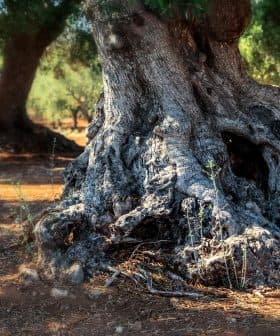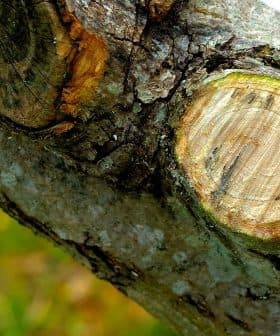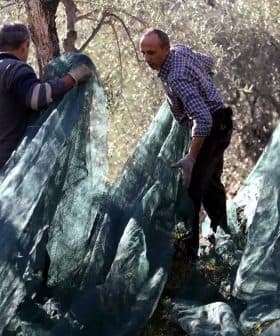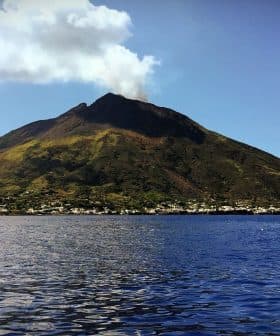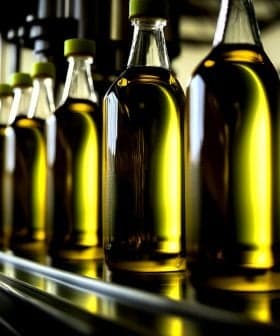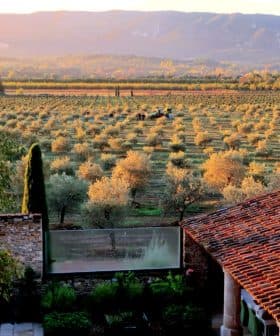Sustainable Tourism and High-Quality Production at Traldi Farm
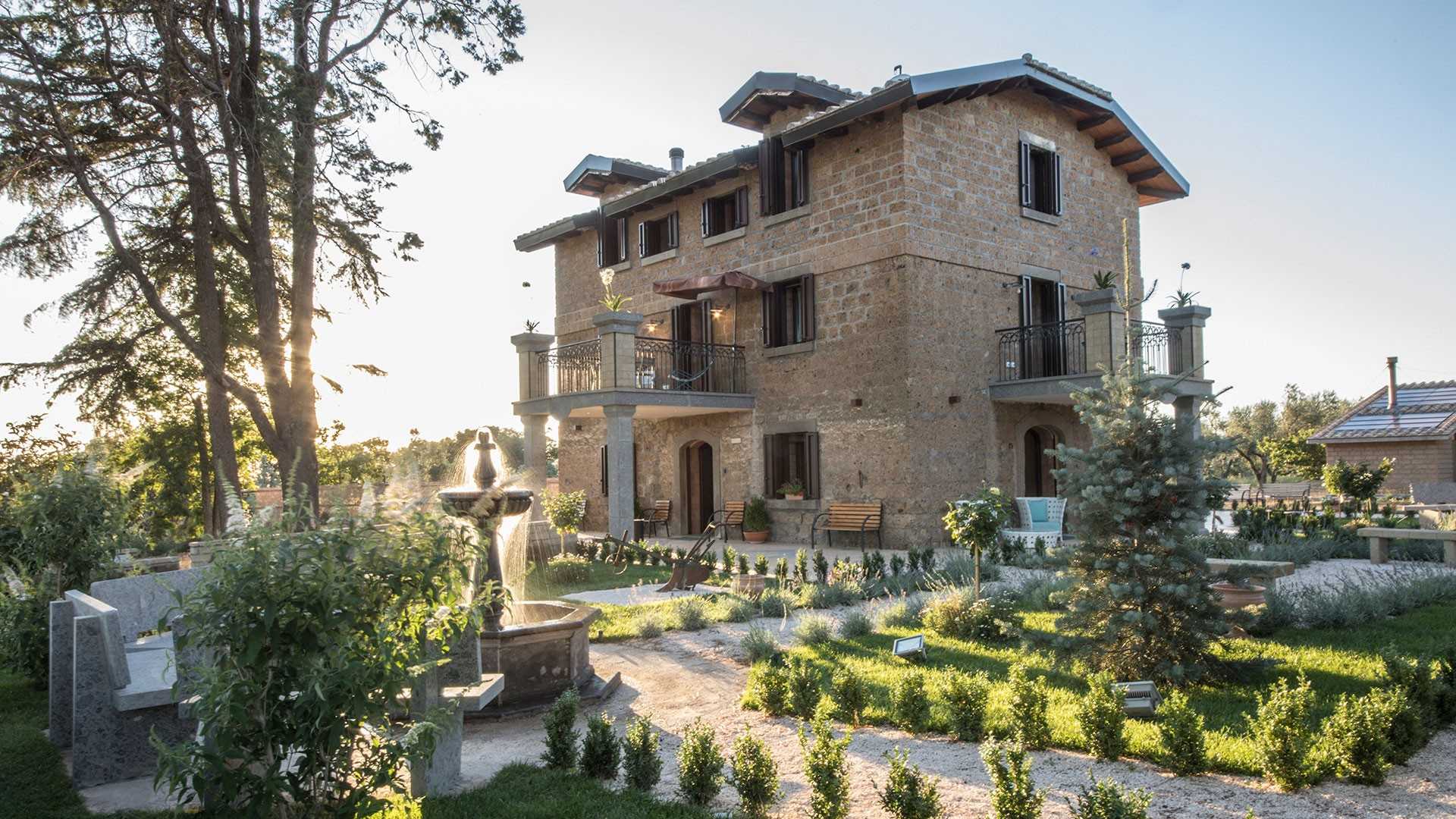
Francesca Boni and Elisabetta Traldi welcome guests to Traldi Farm with Italian hospitality, focusing on olive oil production and sustainability. Traldi Farm has won numerous awards for their high-quality olive oil, and they also offer eco-friendly accommodations on their estate.
Francesca Boni and Elisabetta Traldi greet their guests at Traldi Farm with an embrace that conveys the sense of what Italian hospitality is all about.
Their combination of stylishness and attention to detail is made more comfortable by sincere smiles and an open-hearted attitude. This is also reflected by the care that the pair give to their estate in Tuscia where olive trees thrive.
We have managed to maintain the best quality even during the most challenging seasons thanks to a great team of professionals.
Located on a plateau 300 meters above sea level in the central Italian region of Lazio, their estate covers about 150 hectares. Roughly 20 percent of the land is dedicated to olive groves, mostly Canino, Moraiolo, Frantoio, Leccino, and Pendolino.
“From these plants, my grandfather Angelo Traldi produced oil for the family,” Boni said. “Then, my mother Elisabetta took the reins of the farm, and, in 2016, I took the initiative to create our brand and produce high-quality extra virgin olive oil making the best use of the varieties of our territory.”
See Also:Producer ProfilesThe mother-daughter duo soon achieved their goal by creating products with outstanding sensorial profiles, including Eximius, a vibrant monovarietal of Caninese and Athos, a blend of Caninese, Frantoio, and Moraiolo.
Both brands have earned Traldi Farm a long list of awards over the years at the NYIOOC World Olive Oil Competition.
“I believe that results like these can be reached only with a great respect for the plants and the land,” Boni said. “Also, continuous monitoring of the grove is necessary to ensure high standards.”
“I love spending time with my olive trees and taking care of them every day. My grandfather used to say that if you want results, ‘you have to tread on the land.’ That means you have to live it,” she added.
The award-winning producer becomes emotional when remembering the difficult route that her grandfather followed to put the family on their path to success.
“He served during the Second World War,” Boni recalled. “After the conflict ended, my grandfather came home, but life was not easy at all. There was misery, and, like many other Italians in that period, he and his family suffered hunger.”
“In those moments, he understood the importance of land, realizing that those who owned even a small plot could provide a minimum livelihood for their communities,” she added. “He then promised himself that he would purchase some land to feed his family as soon as he could.”
This was finally possible in 1960 when Boni’s grandfather started looking for a plot not far from Rome, where he lived and came across a property, which was sold to him at a very low price.
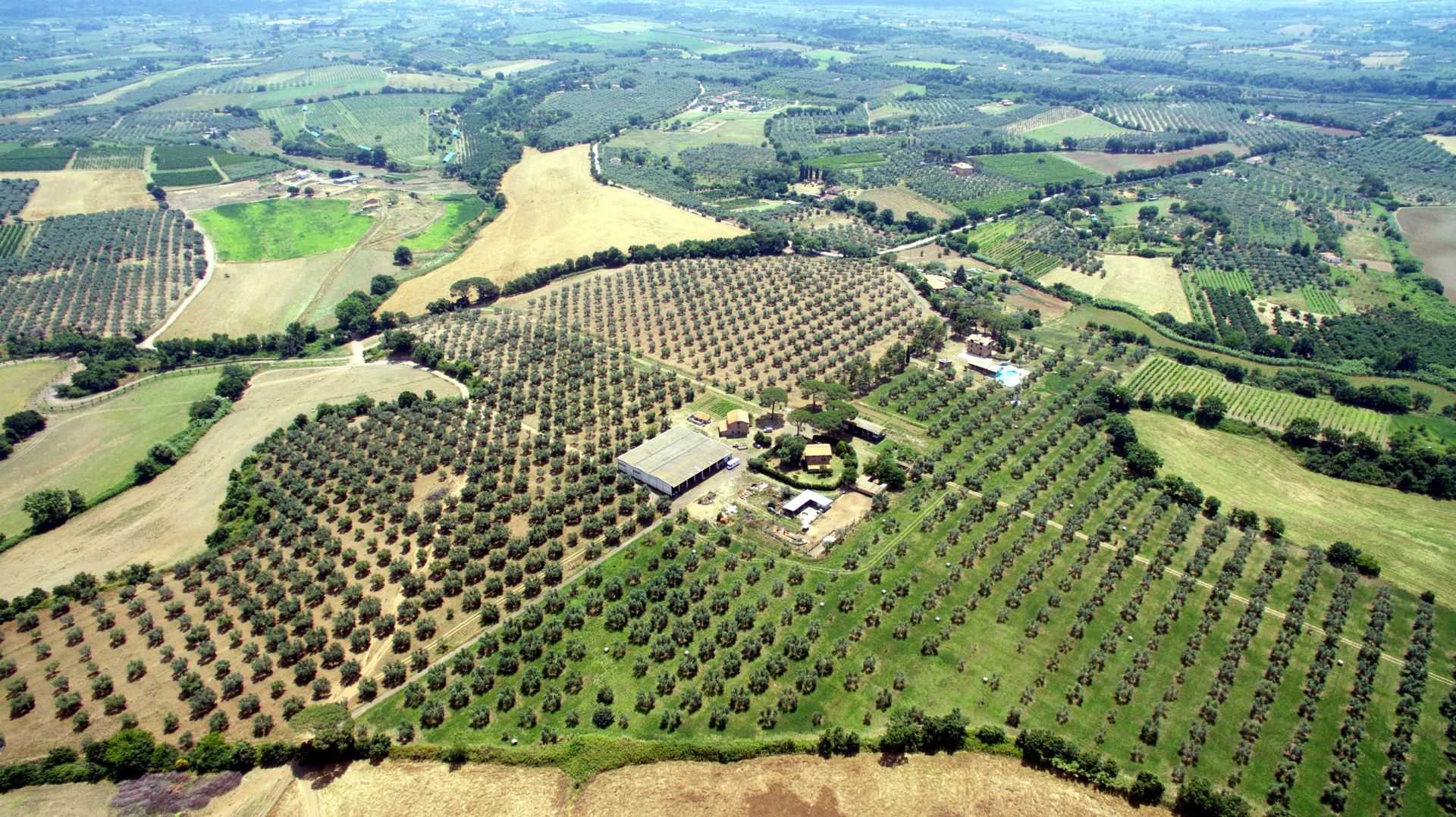
Traldi Farm in Vetralla
“He found out that the owner was going through financial hardship,” Boni said. “At first, he first refused to buy the plot since he did not want to take advantage of that desperate situation, but the guy insisted, saying that it would have been worse for him not to sell it.”
“My grandfather accepted, but on the condition that he could pay the fair price for the land, therefore a higher amount than had been requested,” she added.
That gesture of compassion was just the first step in a beautiful journey that has led Traldi to become one of the world’s best olive oil producers.
“Before I got into the olive oil sector, I used to do another kind of job,” Boni said. “I spent a lot of time in the office, and when I came to the farm to unwind on the weekends, I realized how good I felt.”
“I felt free and drew energy from these plants, with the beautiful moments spent with my grandfather in my heart,” she added. “When I was a kid, we would walk in the olive grove and he would say: ‘These trees are your future.’”
Then, Boni started studying the project’s feasibility, from the label and type of bottle she would use to the design and business goals. What became immediately apparent was that she needed to produce high-quality extra virgin olive oil, which enhanced the territory’s features.
See Also:The Best Olive Oils From Italy“This area is not only beautiful but also located at a strategic point,” Boni said.
Vetralla, home of Traldi farm, is nestled in a culturally-rich and naturally beautiful area. It is home to the cities of Tarquinia and Viterbo, with its thermal baths, the charming village of Civita di Bagnoregio and Lake Vico, all while remaining within easy reach of Rome’s airports.
Hence, the idea to dedicate a part of the farm to hospitality.
“My mother decided to create a cozy accommodation with a spa,” Boni said. “It is ideal for those who want to practice responsible tourism and to stay in contact with nature.”
Located between two olive groves, the core structure was built with the utmost respect for the environment, keeping the original masonry of the farmhouse. However, it was redesigned with cutting-edge architectural and technological solutions.
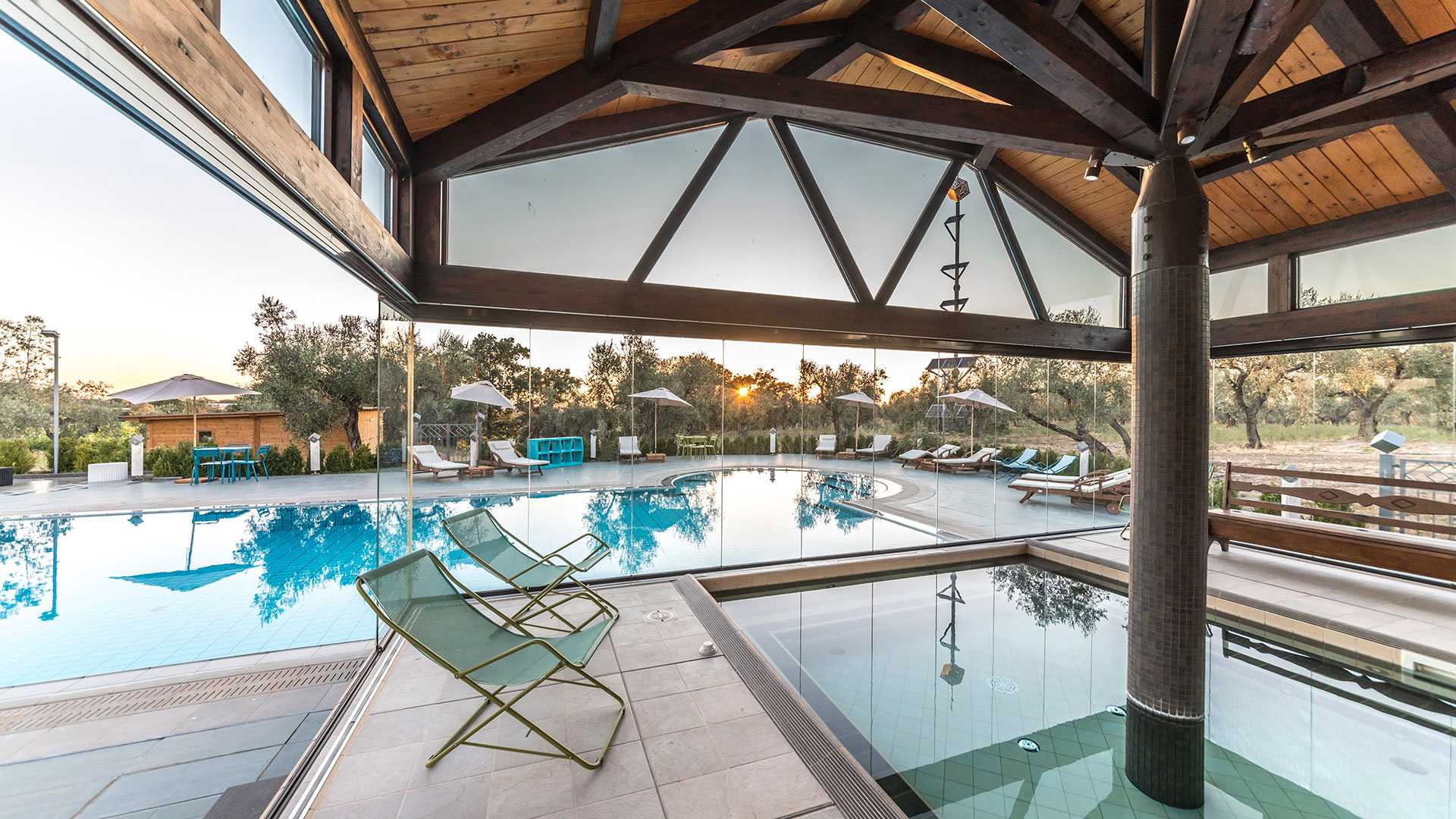
Traldi Farm
Refurbished with antibacterial materials in the interior and photocatalytic ones on the outside, heating is guaranteed by a biomass boiler fueled with olive pits.
“This allows us to reuse the olive mill byproducts,” Boni said, emphasizing that the company’s goal is to work sustainably.
“We manage our orchard with the lowest environmental impact,” she said. “We respect the balance of soil and plants. In this sense, I believe that the pruning system also plays a role. Therefore, our olive trees are grown according to the polyconic vase system, which respects the physiology of the plant.”
The oldest parts of the orchard include centuries-old trees, which retain the original extensive planting pattern.
“In the past, vines had been planted between the rows of olive trees,” Boni said. “We decided to keep that planting layout, while a more rationalized set-up was applied to plants that were recently added, a few hectares of Maurino and Itrana, and also some Coratina and Nocellara del Belice, with the idea to try out new aromas and flavors.”
Each harvest season, the fruits are crushed in the best mills of the area, which, due to their latest-generation technologies, meet the company’s high standards.
“We have managed to maintain the best quality even during the most challenging seasons thanks to a great team of professionals,” Boni said. “Now, my goal is to establish our own olive mill within a couple of years, while expanding the production. It is true: these trees are the future, and now it is even brighter.”


